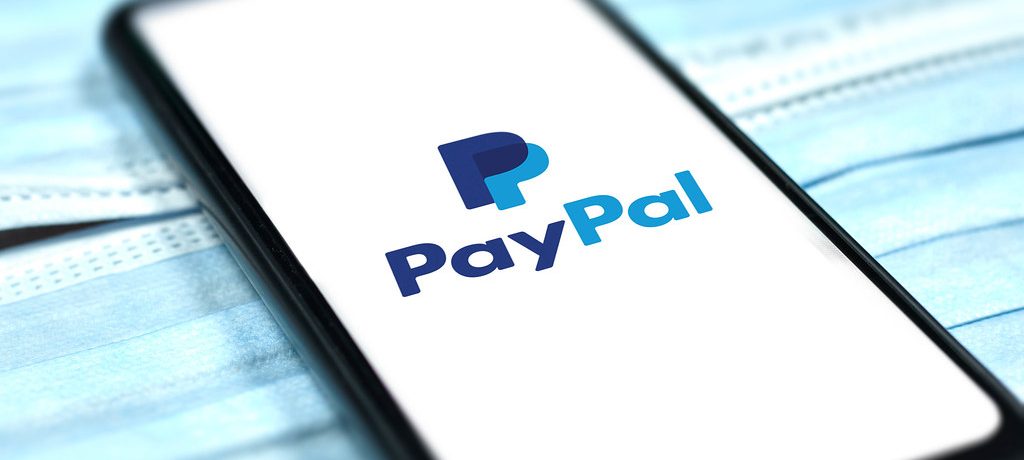The decline of betting shops has been a big talking point in the gambling industry over the past few years.
Though the end of retail betting as we know it may seem like a foregone conclusion to some, this isn’t necessarily the case. One possible solution could be QR code payments, which PayPal has especially pushed a lot more recently.
Here’s how this solution could potentially save land-based betting, along with an analysis of why retail betting has declined.
Why has retail betting declined?
One of the main reasons retail betting isn’t as popular as before is that online gambling exists. Simply put, betting and playing casino games via desktop and mobile is often more convenient.
Over the past five years, online casino gambling has evolved drastically. In most cases, players don’t need to wait long for transactions to complete. Moreover, verification processes have sped up too.
During the COVID-19 pandemic, the vulnerability of the high street was made even more evident. Over in the UK, some operators – namely William Hill – closed various land-based outlets permanently.
But the digitisation of gambling isn’t the only reason betting shops have declined. Gambling regulations can also play a factor. Some might point to stake limits in also having a role. Across the Irish Sea, for example, the Guardian cited statistics in November 2020 pointing out that gambling machine spending dropped by £700 million in the 12 months up to the end of March of that year.
PayPal and QR code payments
So, enter QR code payments. PayPal offers these forms of payments in the US, while in Europe the option has been launched and trialled at Munich Airport in Germany.
The concept is simple. With PayPal, users can open the app and put their phone up to the code. They then enter how much they want to pay before sending the money.
QR code payments are popular elsewhere on the continent too, albeit via different payment providers. In Sweden, the solution Swish allows customers to pay via these means. The solution has 7.9 million users as of 18th May 2021; for context, Sweden has a population of just over 10 million.
Could QR code payments help to mitigate some of the decline of betting stores?
QR codes could benefit betting shops in a variety of ways. The first is convenience. Though contactless payments are fast, players might not want to bet with money sent directly from their bank account. With a QR code, they could quickly and securely send the money from a digital wallet instead.
When talking about payments in betting, it’s also important to remember the status of gambling via credit card. By law, doing so in Ireland is currently legal. However, since Flutter Entertainment banned wagering via this method across all of its brands, players’ options are now slightly more limited.
Going forward, the government may choose to make credit card wagering illegal. If that happens, QR code payments could provide a convenient replacement while also helping players better manage their finances.
QR code payments won’t save retail betting alone, but they could help
The decline of the high street is by no means limited to betting shops. And while it may seem to some like online gambling will soon be the only option for those who want to play, stores can mitigate some damage by thinking outside the box.
One of the best places to start is with payments. Betting shops have done well to modernise beyond cash, but card payments alone won’t necessarily cut it.
QR code payments offer players a way to quickly place bets while splitting the money they spend on betting from their primary bank account. And for betting stores, they’ll be able to process more in less time.
Instead of online or retail betting, the answer might be both.




